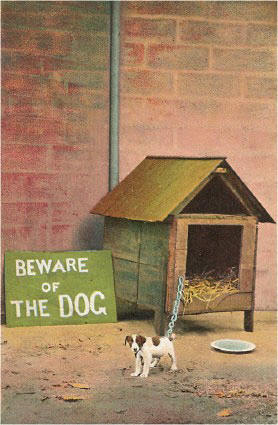Newfoundland's
a Big Breed with
just as Big a Heart
|
|
Please Help Homeless Pets with a One Dollar Gift
Newfoundlands Big & Brave - the Water Rescue Dog
By: Tippy & Alfred
The Newfoundland is a calm, courageous, devoted, generous,
intelligent, loyal, obedient, patient, peaceable and
trustworthy dog. They are large dogs and have a tendency to
be slow and lumbering but when working they are capable of
great athleticism.
They rarely bark and are brave and protective of their
owners. If they catch an intruder they have a tendency to
corner that person or animal or place themselves between the
intruder and their family rather than attack, and they are
smart enough to make a distinction between someone that is a
threat to their family and someone who isn't.
These dogs are very gentle and sociable. They are wonderful
with animals, children and visitors who have no evil
intentions towards the family. They get along fine with
other dogs but should be socialized well as puppies. Any
signs of aggressiveness should be corrected in order to keep
the dog gentle. They are loving, patient and playful with
children and enjoy being with their family. These dogs need
to be with their family and your Newfoundland will not be
happy in a kennel.
Newfoundlands were bred for water rescue. They really enjoy
swimming and will lie down in water whenever the chance
presents itself. The Newfoundland is still great in water
trials. They also do well in backpacking, carting,
competitive obedience, guard dog, watchdog and weight
pulling. The Newfoundland Club in the United States of
America holds water rescue and drafting tests for
Newfoundlands.
The male Newfoundland dog stands at twenty-seven to twenty-
nine inches in height and weighs between one hundred and
thirty pounds and one hundred and fifty pounds. The female
dog can reach twenty-five inches to twenty-seven inches in
height and weigh between one hundred and one hundred and
twenty pounds. In general this breed lives an average of ten
years but individual can live up to fifteen years.
The Newfoundland breed is susceptible to a hereditary heart
disease known as SAS or Sub-aortic Stenosis, and to Hip
Dysplasia. Be sure not to allow your dog to become
overweight as that aggravates and leads to heart disease as
well as Hip Dysplasia. These dogs are usually lazy as
adults, but they should be roused to take a long daily walk
to take care of their physical and psychological needs.
Be sure to practice proper lead and leash etiquette with this large
dog so you don't end up being dragged down the street. A
Newfoundland can actually do well in an apartment provided
it is given enough exercise.
These dogs prefer cooler climates and do not do well in high
heat. In warm weather they should be given plenty of shade
and water. They do love to swim and play, be sure to provide
some time for them to do these activities.
Because of the shape of their faces and lips, the
Newfoundland may be a messy drinker and eater and they do
drink a lot of water, so it is best to feed your dog from a
raised food and water bowl over a cleanable mat.
Dogs of this breed also often do have a tendency to drool.
Landseer Newfoundlands tend to drool less. "Newfies" are
intelligent and sensitive to how you speak to them and need
to be trained gently even though they were bred to think for
themselves and so they may be somewhat difficult to train.
These dogs need to be brushed daily to weekly with a hard
bristle brush. Newfoundlands have a coarse, thick double
coat that isn't easy to brush. Twice a year the undercoat is
shed and more brushing is required during this time. Avoid
shampooing your dog unless it is absolutely necessary as
this will strip the natural oils that keep the dog's coat
weather and water repellant. Instead you can dry shampoo
when needed.
Newfoundland

Your Newfoundland's Food and Health Care
Jane Bicks, D.V.M.
All precautions against bloat, heart and joint
disease in your Newfoundland must be taken.
See how to Prevent Bloat in your Newfoundland
See how to help Prevent Arthritis in a Newfoundland
L-carnitine and taurine rich foods must be added
to a high quality alternative professional food,
along with alfalfa to help prevent bone disease.
See my recommendation for a Healthy Treat and Dog
food for your Newfoundland
Keeping your dog thin until 2 years of age,
no Frisbee, and steady exercise will help ensure
strong muscles and stable bone development.
Daily grooming helps reduce shedding, as will
the addition of vegetable enzymes to the diet.
Cleaning the ears and eyes daily with goldenseal
solution will prevent infections.

Return back to:
Discover more Info about Each Breed of Dog
Brilliantly Colored
Newfoundland Calendars
|